Christmas trees: losing their magic?
Festive firs are a yuletide staple but are their days numbered?
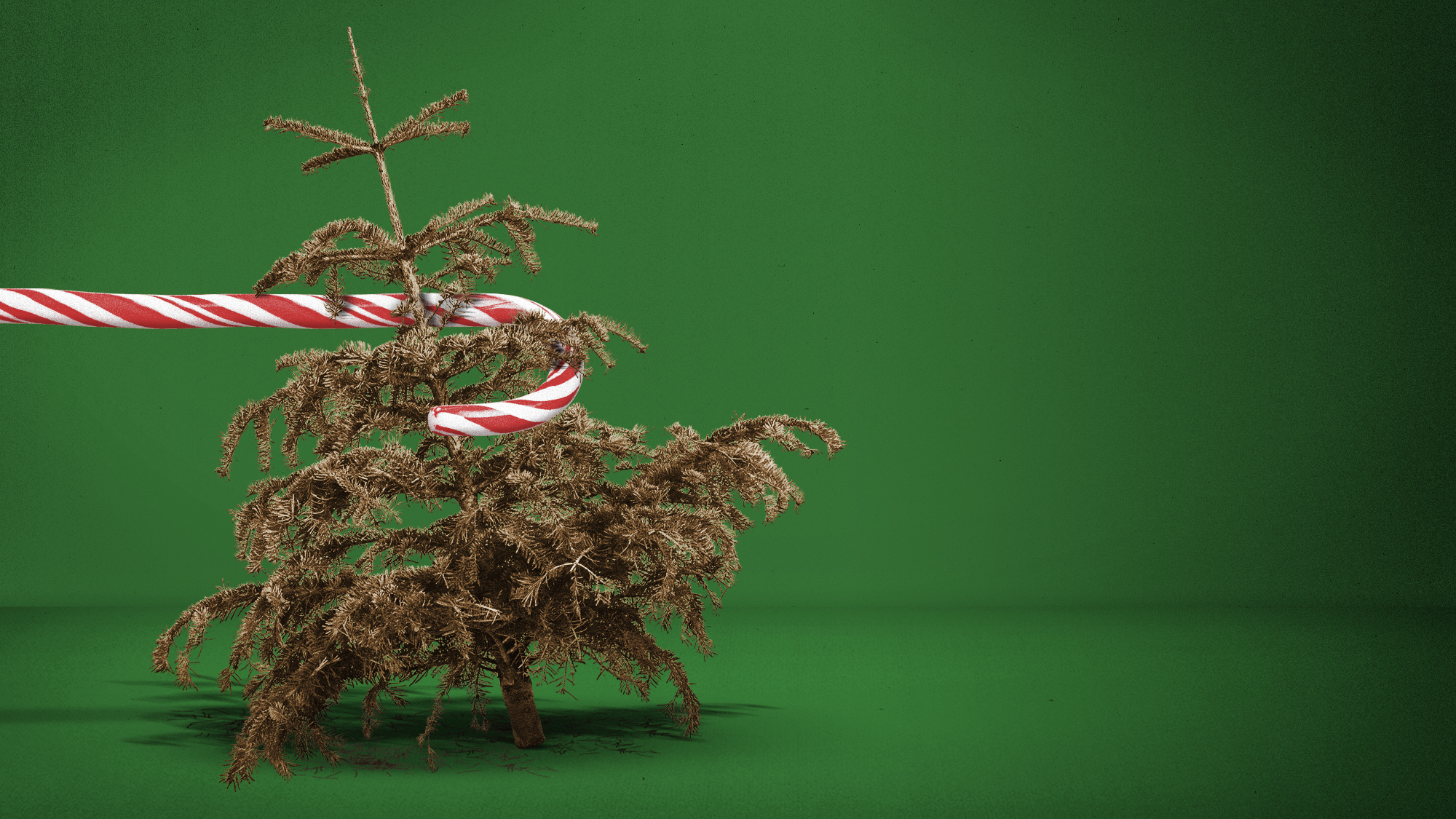
A free daily email with the biggest news stories of the day – and the best features from TheWeek.com
You are now subscribed
Your newsletter sign-up was successful
Oh, Christmas tree, for as long as we can remember we've marvelled at "how lovely are your branches". But our love affair with you seems to have hit a rough patch.
Between seven and eight million Christmas trees are still sold in the UK each year, according to the British Christmas Tree Growers Association, but environmental concerns, thin margins and a possible shortage means we might rock around them less often in the future.
'Sorry state'
Christmas trees "began as a 16th-century German ritual" when "apparently" it was common practice to "hang Christmas trees upside down", said The Telegraph. The tradition was "imported to Britain by way of Prince Albert in the 1840s", where they usually stand the right way up.
The Week
Escape your echo chamber. Get the facts behind the news, plus analysis from multiple perspectives.

Sign up for The Week's Free Newsletters
From our morning news briefing to a weekly Good News Newsletter, get the best of The Week delivered directly to your inbox.
From our morning news briefing to a weekly Good News Newsletter, get the best of The Week delivered directly to your inbox.
Another British tradition is the Trafalgar Square tree that the citizens of Oslo donate to Londoners each year to say thanks for the war. However, tree surgeons had to "step in to replace dead and damaged branches" when last year's tree arrived after its 900-mile journey from Norway in "a rather sorry state", said The Telegraph.
Fungal festivity?
According to gardening experts, wet weather early this year led to fears that good quality trees "may be harder to come by this Christmas", said the Daily Express, with the "best spruce specimens snapped up early doors".
The excess moisture caused by wet and cool weather can create problems such as "fungal disease", which could take the sheen off the experience. So punters who "leave their tree shopping late could end up compromising on quality, while those buying in supermarkets may be saddled with an inferior fir".
Trees are also "likely to be more expensive this year" thanks to the "classic supply and demand" issue that the shortage will bring. With margins already as "thin as wrapping paper", it is already an "absurd world" for the Christmas tree farmer, said The Telegraph.
A free daily email with the biggest news stories of the day – and the best features from TheWeek.com
'Appalling rituals'
Compared to other "appalling rituals of Christmas", such as the "mechanised slaughter of turkeys", said The Telegraph, the cultivation of millions of trees may seem "comparatively benign" but it still "seems to attract undue angst".
There's now a "growing" debate around "whether it's appropriate to put up a Christmas tree at all", said BBC Countryfile. People question whether, "at a time of environmental loss and climate chaos", we should be "cutting down living trees for such a short period of indulgence"?
A YouGov survey in 2022 found that 54% of Britons considered an artificial tree to be more environmentally friendly. But it's estimated that a fake tree would need to be used for at least seven years for it to have a smaller carbon footprint than buying a real tree each year.
Nordmann firs are harvested at around 10 years old, when they are about two metres high, without enough time for "complex ecosystems to establish themselves", said Countryfile. If the trees are planted on wildlife-rich grassland or "at the expense of an existing woodland, the environmental cost is huge".
But a study published in the Annals of Applied Biology found that Christmas tree plantations offered "significant nesting and resting sites for farmland birds" and they pull "enormous quantities of carbon from the atmosphere", said Countryfile.
Meanwhile, according to the GWP Group, 14% of plastic trees are binned each year and they are virtually impossible to recycle. The carbon footprint of a fake tree is seven to 20 times that of a real tree, said the Carbon Trust.
So although it "may seem counterintuitive to support the annual culling of trees", said The New York Times, environmentalists "endorse them over the fake, petroleum-based versions" that are "shipped from half a world away".
Chas Newkey-Burden has been part of The Week Digital team for more than a decade and a journalist for 25 years, starting out on the irreverent football weekly 90 Minutes, before moving to lifestyle magazines Loaded and Attitude. He was a columnist for The Big Issue and landed a world exclusive with David Beckham that became the weekly magazine’s bestselling issue. He now writes regularly for The Guardian, The Telegraph, The Independent, Metro, FourFourTwo and the i new site. He is also the author of a number of non-fiction books.
-
 A dreamy long weekend on the Amalfi Coast
A dreamy long weekend on the Amalfi CoastThe Week Recommends History, pasta, scenic views – this sun-drenched stretch of Italy’s southern coast has it all
-
 Can foster care overhaul stop ‘exodus’ of carers?
Can foster care overhaul stop ‘exodus’ of carers?Today’s Big Question Government announces plans to modernise ‘broken’ system and recruit more carers, but fostering remains unevenly paid and highly stressful
-
 6 exquisite homes with vast acreage
6 exquisite homes with vast acreageFeature Featuring an off-the-grid contemporary home in New Mexico and lakefront farmhouse in Massachusetts
-
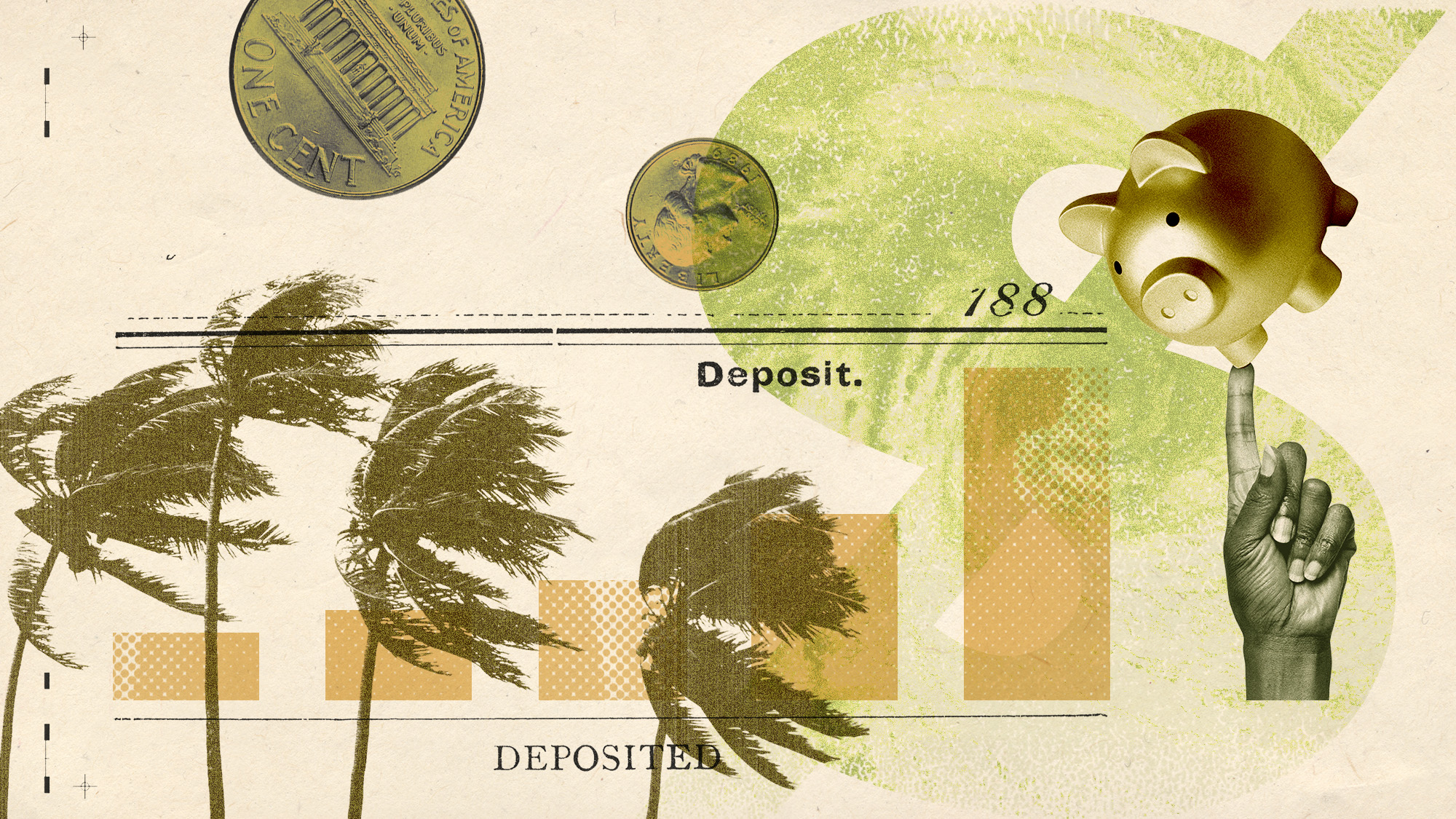 Why the catastrophe bond market is growing
Why the catastrophe bond market is growingThe Explainer The bonds pay for climate change disaster damages
-
 Jared and Ivanka's Albanian island
Jared and Ivanka's Albanian islandUnder The Radar The deal to develop Sazan has been met with widespread opposition
-
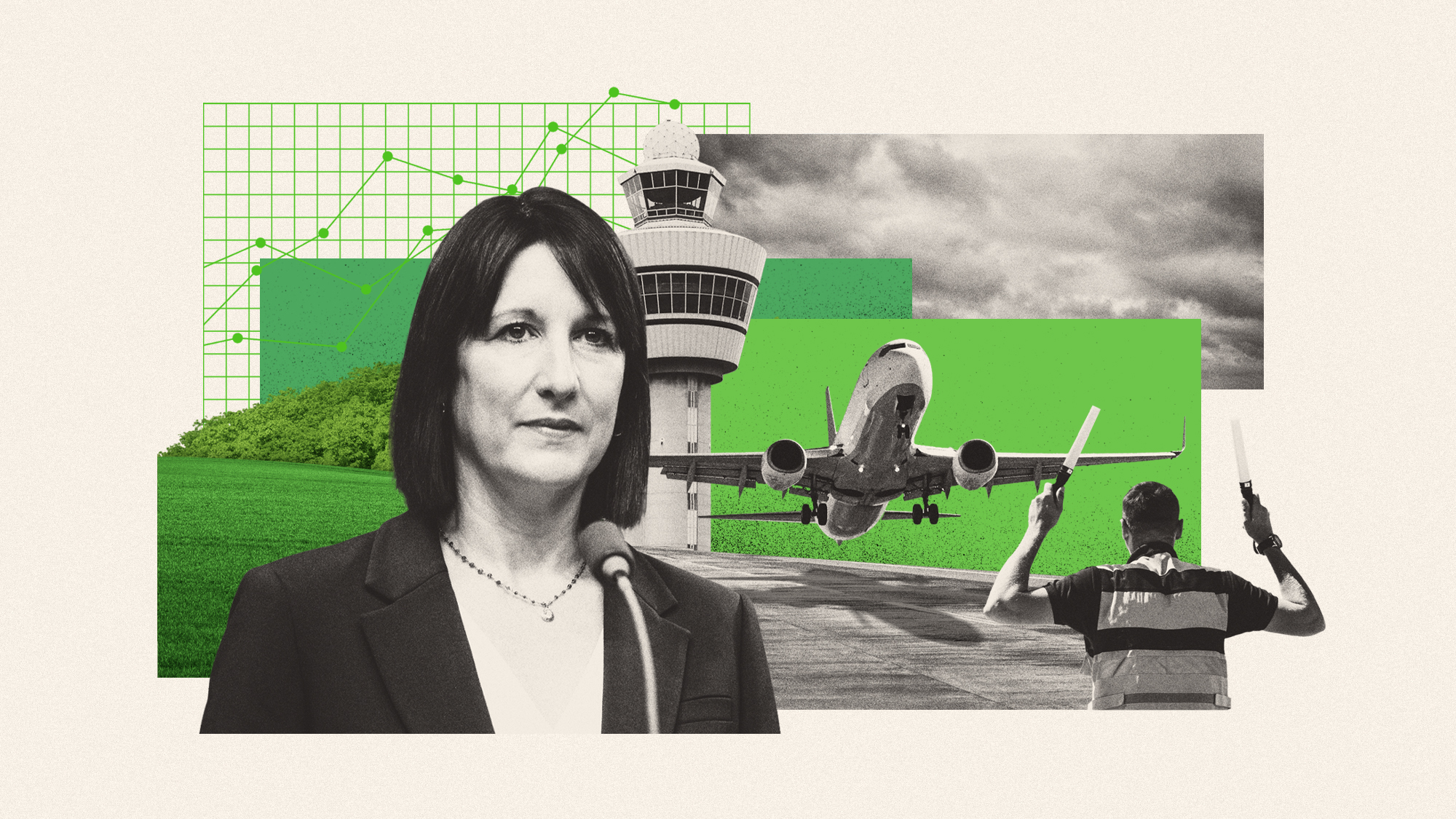 Airport expansion: is Labour choosing growth over the environment?
Airport expansion: is Labour choosing growth over the environment?Today's Big Question Government indicates support for third Heathrow runway and expansion of Gatwick and Luton, despite climate concerns
-
 Why are home insurance prices going up?
Why are home insurance prices going up?Today's Big Question Climate-driven weather events are raising insurers' costs
-
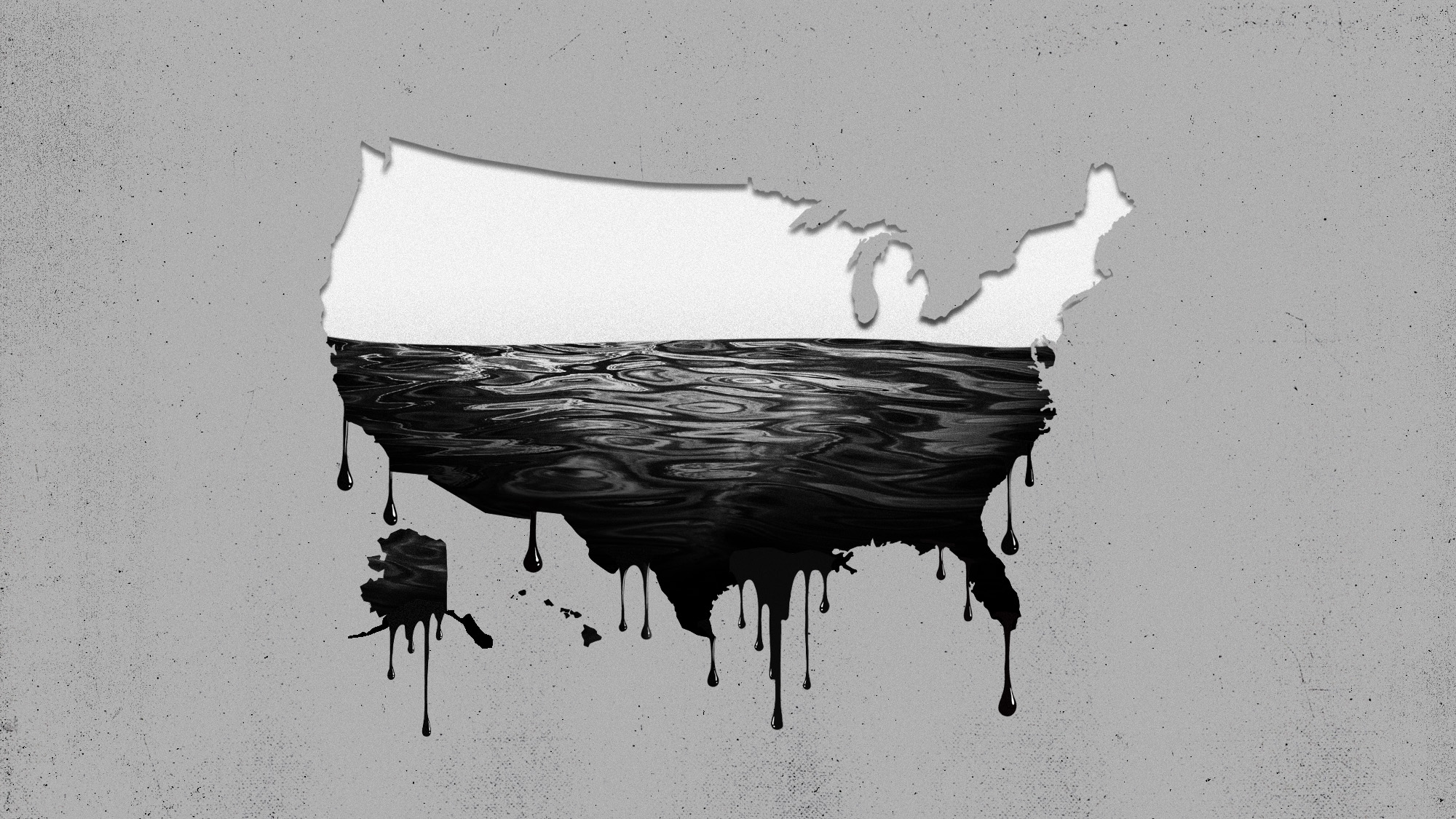 Big Oil doesn't need to 'drill, baby, drill'
Big Oil doesn't need to 'drill, baby, drill'In the Spotlight Trump wants to expand production. Oil companies already have record output.
-
 The ocean's blue economy is growing. Can the tide continue to rise?
The ocean's blue economy is growing. Can the tide continue to rise?The Explainer The big blue is bringing in the green
-
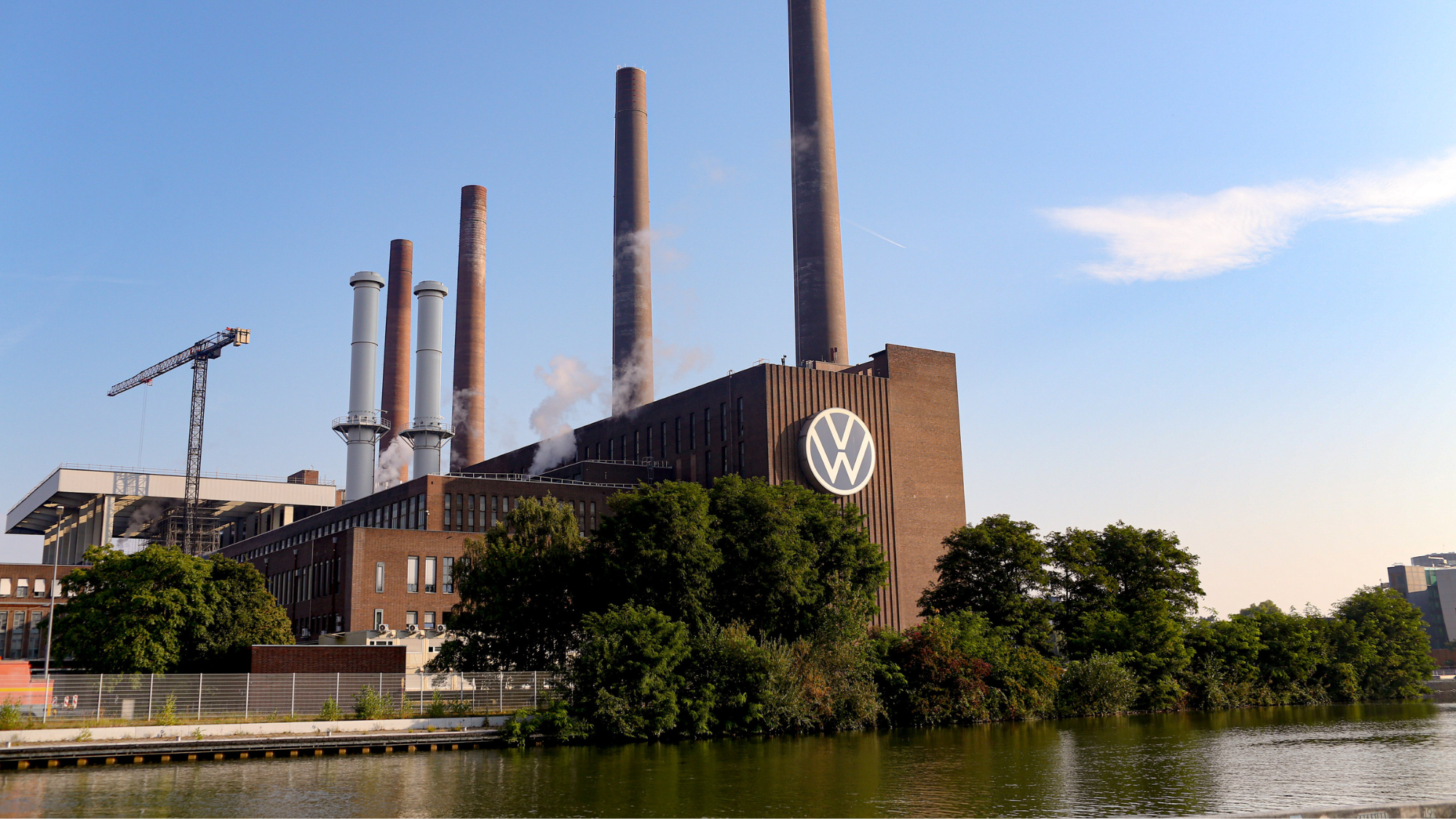 Volkswagen on the ropes: a crisis of its own making
Volkswagen on the ropes: a crisis of its own makingTalking Point The EV revolution has 'left VW in the proverbial dust'
-
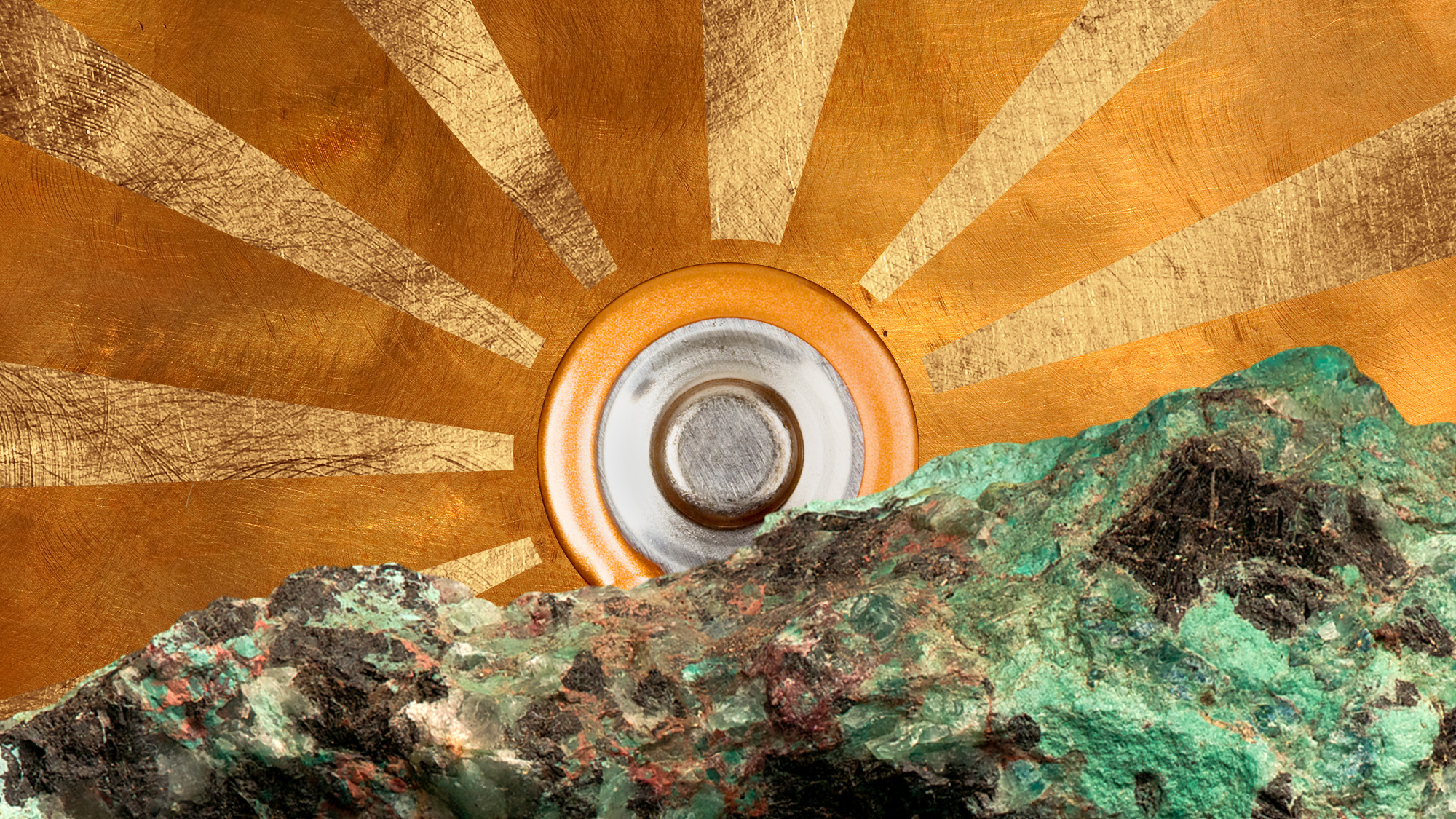 A massive copper shortage is on the horizon
A massive copper shortage is on the horizonUnder the Radar It is estimated that mines will only meet 80% of copper needs by 2030